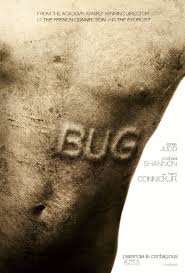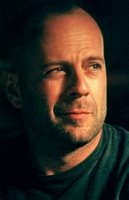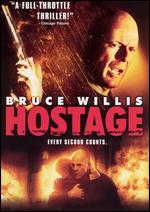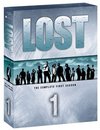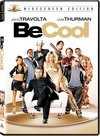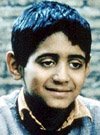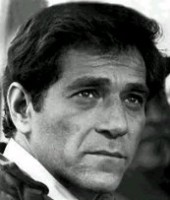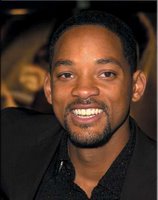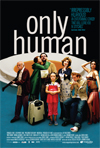THE MOTORCYCLE DIARIES
 FILM REVIEW RATING: UNDECIDED...
FILM REVIEW RATING: UNDECIDED...
This is a tough review to write because of the subject matter we’re dealing with: a militant revolutionary who became Castro’s right-hand man during the 1959 Cuban revolt. But here in THE MOTORCYCLE DIARIES film, we don’t see this man; we see instead the formation of the person whom this man (Ernesto "Che" Guevara played by the talented Gael García Bernal)
would become. He’s a young idealist living in South America when he and a friend (Alberto Granado played by up-and-coming actor Rodrigo de la Serna) decide to take a road trip across the continent before bellying down into their chosen carriers in medicine.
The film succeeds in giving us a very myopic view of these two men: Guevara for the initial changes he begins to go through as he witnesses injustices to the low and poor; Granado for his love of women and grudging dedication to Guevara. We travel with them on a 1939 Norton 500 motorcycle (my hat’s off to the two actors who had to ACTUALLY learn to ride one of these behemoths!) as they argue with each other over money, their deficient form of transportation, and Guevara’s unflinching honesty when asked delicate questions (this is brought into focus when they first meet a man — who looks very German — in a small village and asks Che and Granado to look at a lump on his neck, which Granado diagnoses as a cyst but Che calls a tumor).
The cinematography was done exceptionally well on a small budget. The beauty of Machu Picchu, the green forests of Peru, the nothingness of various deserts, all added great visuals for the viewer.
The film’s faults lay with its omissions. Yes, Che was a thinking man. Yes, Che was concerned with humanity as a whole. But Che was also somewhat of a bigot. He didn’t like blacks, jews, and homosexuals (read the book THE MOTORCYCLE DIARIES). So when he shows his concern for lepers in a colony along the Amazon River, we’re only see a part of this complex man. Granted, for a film you need to have your audience empathize with the main character, but this also pulls us into the shallow end of the depths that this man was. The convoluted sections of Che’s life might have added an extra level of understanding for film viewers, especially those who have knowledge of his later life when he becomes an executioner of spies and deserters, quite a dichotomy compared to the hippocratic oath he took when becoming a doctor — the oath basically promising to "do no harm."
But, again, I can understand why the film makers decided to omit these sections. We are, after all, seeing only the early life of Che, a fomenting of ideas that would change his life forever. But I think we have to be careful when looking at such a potentially volatile subject and controversial man, and only show the "sunnier" side of Che to a new generation of movie-goers. More research is needed if one really wishes to understand the levels of Che.




